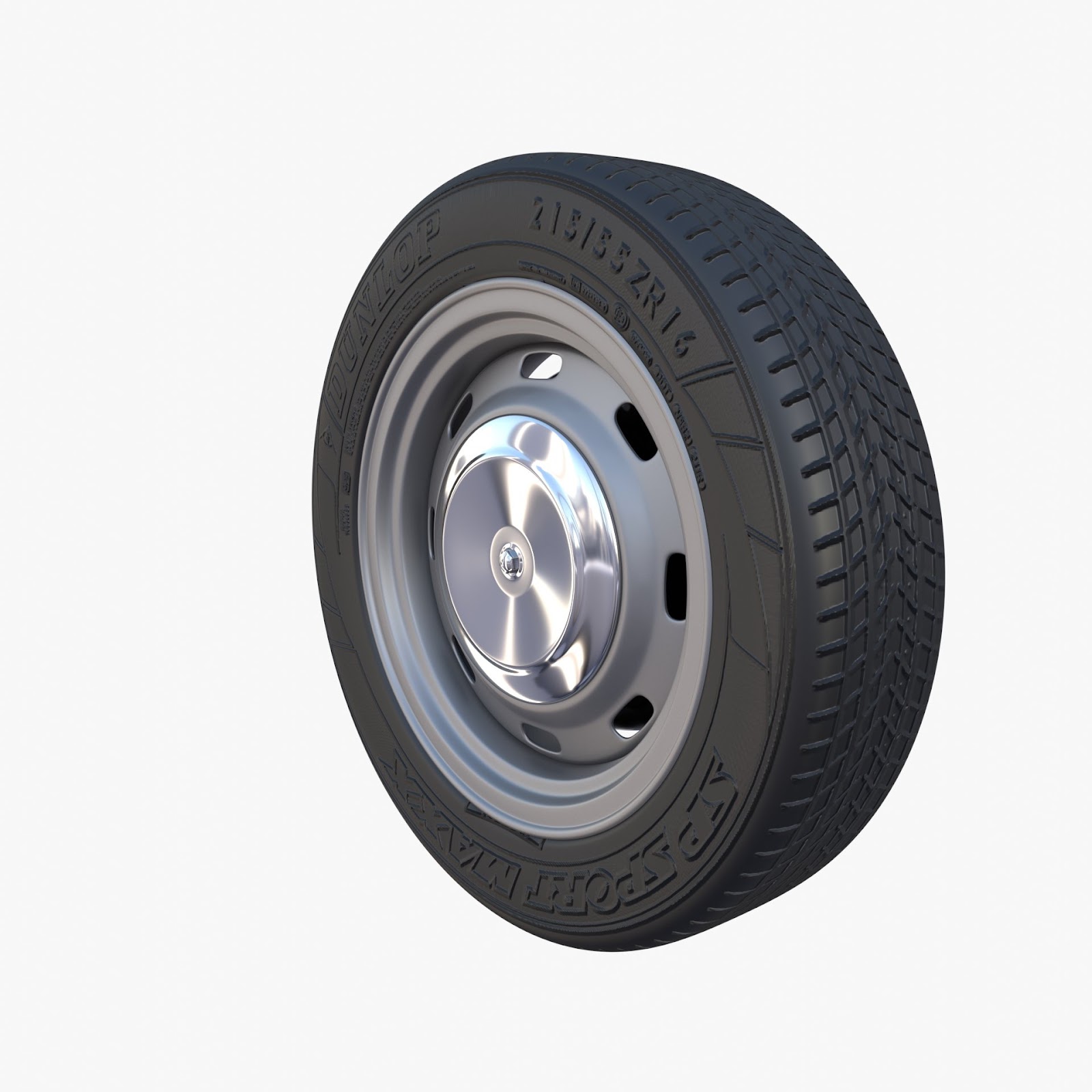Polywheel for Forklift
Reading Time: 2 minutes 36 seconds
Find a great selection of Polywheel at Low Prices- OEM and aftermarket supply. The lift parts warehouse team finds other ways to save you some money without compromising the quality of the product. Buy a new Polywheel for your forklift at a low price with quality guaranteed at our shop with Quick Shipping and Delivery.
Summary
The following technical information lets the reader know about the Polywheel for forklift application and its features. Additionally, you will see the remolding process of your Polywheel and the material of the polyurethane wheel.
Table of Contents
- Polywheel For Forklift
- Reasons to use the Polywheel for your Forklift
- Remolding Process of Poly Wheel
- Tread Materials of Polywheel
- Why is Polywheel the better choice for your Forklift?
- Takeaways
Polywheel For Forklift

Figure 1: Polywheel for forklift
Polyurethane is a synthetic rubber, and it is one of the most popular wheel treads to be used on industrial and forklift wheels. Chemical solutions are most often combined with a mold, then you pour the mix into it, and then you cast the desired product. The properties of the final ingredients could be varying the ingredients of the starting compounds through various manufacturing processes. The Polywheel could be fabricated with multiple hardness ranges, from soft to extremely hard. Based on this formulation, the Polywheel could resist grease, oil, and chemicals. The manufacturing process of polyurethane compounds is based on their suitable applications.
Reasons to use the Polywheel for your Forklift
Polyurethane tires have a quieter feature. Also, it has the property of harder wheels like that of the cast and the steel iron. Because of this feature, Polywheel has become one of the popular choices in industrial applications. This Polywheel acts as the shock absorber that absorbs the bumps from the uneven terrain.
The Polywheel has a better load-bearing capacity than the rubber of other synthetic. It can provide a better load-bearing capacity. It has the benefits of rubber tread like floor protection, shock absorption, and noise reduction. This feature of its high load-bearing help to make them ideal in forklift applications.
The higher coefficient of friction of Polywheels makes them some of the more grippy materials. It can help you keep your cart from tipping over. Using this device will help achieve the desired driving force by reducing the amount of load on the wheel.
Polywheel can provide better corrosion resistance, reduce noise, and protect the floors while providing materials to handle various capacities. The resistance level of this poly wheel could be varied according to working conditions. The switching of the Polywheel in the forklift could result in the practical success of the operation.
Remolding Process of Poly Wheel
The remolding process of Polywheel can save lots of costs. The method reduces the lead times, improves the application by making desired changes. Also, it could have the equivalent quality as OEM.
A burning process of 800 degrees Fahrenheit is used. This will remove the existing polyurethane from the wheels. To fully recover the wheel cores, the cores are blasted after cooling. After that, the bores are checked to ensure they match the original dimensions. They are then prepped and ready to be mounted. Once that has been completed, the new tire is applied as if it were the original one. New bearings are installed and prepared for return to the customer once the new tire has been used and cured. Polywheel is designed to provide maximum cut and tear resistance. Also, it has a low rolling resistance that minimizes heat buildup due to hysteresis.

Figure 2: Polywheel for Toyota
Tread Materials of Polywheel
-
T/R 85 Tread Polyurethane
A wheel with a durometer of 85A is produced using this material, which is resistant to foreign objects, metal chips, and screws. Manufacturing lines across the country use this wheel for their delivery systems.
-
Standard Polyurethane-95A
Low rolling resistance wheels that are economically priced protect flooring from damage and scuffing. Similarly, the hard durometer helps in industrial applications.
-
T/R 95 Tread Polyurethane
In terms of strength and durability of a standard 95A durometer poly, T/R 95 offers ergonomic benefits, high tear resistance, and long wear life. This material is also non-marking and resistant to solvents.

Figure 3: T/R 95 Tread Polyurethane
The polyurethane used in today's lift truck industry can withstand the rigors of higher loads and speeds. Heat is dissipated by these wheels either due to the load, the speed, or a combination of both.
Why is Polywheel the better choice for your Forklift?
Polywheel has a better load-bearing capacity. Thus, it has a better advantage in forklift applications. It could be used to move the loads outdoors or across uneven surfaces. The Polywheel can roll over the obstructions with ease. The caster-based Polywheel could provide longer wheel life, great shock, and less maintenance.
Takeaways
- Polyurethane is a synthetic rubber, and it is one of the most popular wheel treads to be used on industrial and forklift wheels.
- The remolding process of Polywheel can save lots of costs. The method also reduces the lead times, improves the application by making desired changes.
- Polywheel has a better load-bearing capacity. Thus, it has a better advantage in forklift applications.
- It could be used to move the loads outdoors or across uneven surfaces.